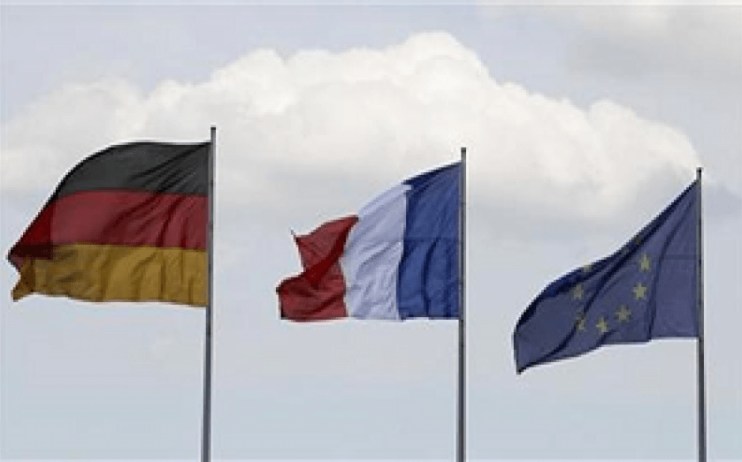Inflation in Germany and France falls as markets look for spring interest rate cuts

Inflation in Germany and France fell significantly in January, raising the chances that the European Central Bank (ECB) will start lowering interest rates soon.
New figures out today showed that German inflation fell to 3.1 per cent in January, down from 3.8 per cent in December and below the 3.2 per cent expected by most economists.
The fall was mainly the result of favourable base effects, but it still meant the headline rate of inflation was at its lowest level since June 2021.
Inflation in France meanwhile fell to a two-year low, coming in at 3.4 per cent in January according to INSEE. This was down from 4.1 per cent in December.
Lower energy prices and easing manufacturing costs helped to lower the headline rate, although there remained some cause for concern as services inflation rose slightly to 3.2 per cent.
Charlotte de Montpellier at ING remained confident that inflation in France would continue falling in the coming months, “although not necessarily continuously”.
de Montpellier warned that energy prices could contribute to an uptick in inflation due to less favourable base effects. “We cannot rule out a temporary surge in inflation in certain months,” she said.
Coming just a day after data showed that the eurozone was stagnant in the final quarter of last year, the figures will embolden market bets that the ECB will look to start lowering interest rates soon.
The ECB left rates on hold for the third consecutive meeting last week but Christine Lagarde warned that it was still “premature” to talk about cutting rates.
However, as inflationary pressures have eased, markets have grown increasingly confident that the central bank will start lowering rates in April or potentially even March.
But Carsten Brzeski at ING disagreed: “Today’s inflation data will further fuel speculations about an earlier rate cut but we think that the ECB will not be fooled by base effects”.